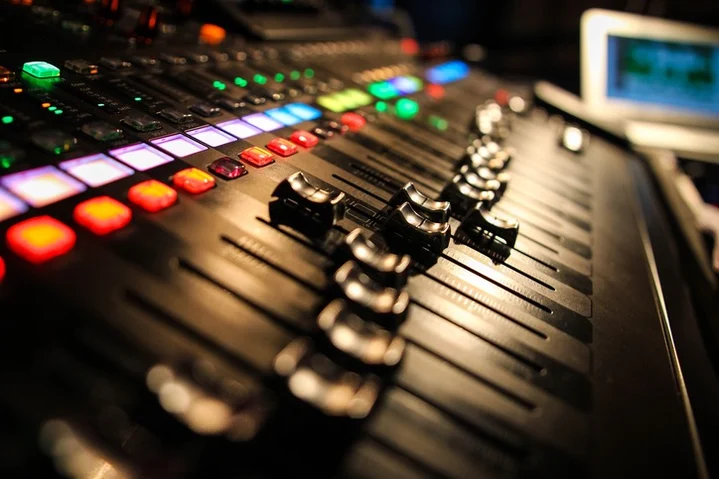The Gigantic World of Music Technology: Opportunities and Careers

Music technology is a multidimensional field that involves the creation, performance, and distribution of music using technological tools and techniques. Over the years, advancements in technology have revolutionised the way music is produced and consumed. The abundance of opportunities for individuals looking to explore a career in music technology has grown immensely. This has led to a rise in demand for music technology tutors and teachers to fill vacant positions that are in high demand in the music industry. In this blog, we will look at the various opportunities available to students and the professional career paths they can undertake.
Teaching and Tutoring
The world of music technology has a vast scope and hence needs a teacher who is knowledgeable in various disciplines within the field. Music technology teachers commonly work at universities or conservatories. Careers can also be found in private music schools or tutoring freelancers trained in teaching music technology to a variety of audiences. Most music technology teachers and tutors focus on teaching music production software and various hardware tools used in music production. Knowledge will ideally be developed in audio engineering techniques and digital audio workstations.
Opportunities in Production
Music production is a massive subfield within music technology, ranging from sound production, composing, mixing, and mastering. Production is the core of music technology as it provides behind-the-scenes support for any musical performance. One of the challenges of producing music is finessing the final mix of a recording. The mix is the process of recording sound sources and blending them into a single audio file that sounds cohesive to the listener. Career opportunities in music production range from being a sound engineer at a recording studio to freelance work as a music producer.
The vast world of Music Performance
The music performance industry in music technology encompasses various roles within a wide range of musical styles. A musician using technology can play traditional instruments such as a guitar or a piano and add digital effects like distortion, pitch-shifting, and time-stretching to create new sounds. Music performance careers include live sound engineering in arenas or concert halls for local or international performances. Live sound engineering is not an easy role. It requires knowledge in selecting appropriate equipment, troubleshooting faulty audio gear, and executing a smooth performance.
Technology and Music Therapy
Music therapists are practitioners who incorporate music into their clinical settings to address mental, social, emotional, and physical challenges. Practitioners often work in children's hospitals, schools, nursing homes and rehabilitation centres. Music technology has improved the delivery of music therapy in these settings, enabling practitioners and teachers to deliver music education and therapy in a better way. Music technology skills like digital recording, music programming and sound synthesis, and knowledge in various genres of music enhance a practitioner's depth of experience in the field.
Music technology is a vast and continuously growing field, with opportunities available across various fields beyond those mentioned in this blog. Given its rapid growth, an increase in knowledge and experience in the field can open doors to many different careers, including those beyond the mentioned areas. Whether in music performance, music production, teaching, tutoring or therapy, there's a role for everyone in the music technology world. As a student or a parent, this is undoubtedly a world worth exploring to find your place and make an impact in the ever-growing music technology industry.


